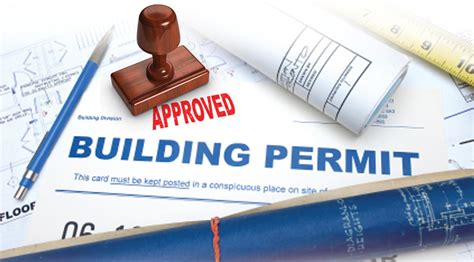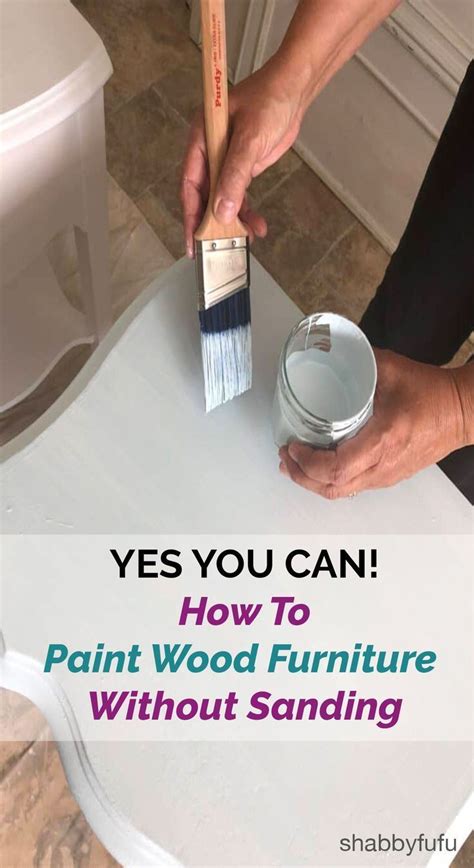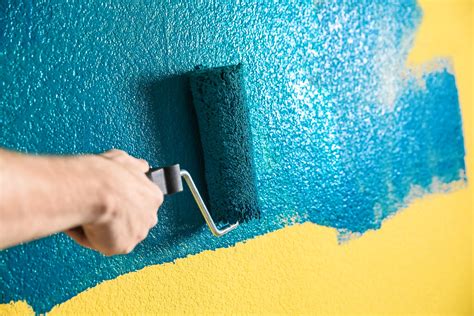
When it comes to construction or renovation projects, obtaining a building permit is a critical step that ensures the safety and compliance of the work being done. In this comprehensive guide, we’ll explore what a building permit is, when it is needed, and the process involved in obtaining one. Understanding the significance of building permits will help you navigate the construction process smoothly and avoid potential issues down the line.
When Is a Building Permit Needed?
A building permit is typically required for any significant construction, renovation, or alteration work on a property. Some common instances where a building permit is necessary include:
- New construction of a building or structure
- Adding an addition or extension to an existing building
- Major renovations, such as changes to the building’s structure or layout
- Electrical, plumbing, or mechanical system installations or modifications
- Modifications to the building’s exterior, such as siding replacement or window installation
It’s important to note that the specific requirements for building permits may vary based on local building codes and regulations. It’s always best to check with your local building authority to determine the specific requirements for your project.
The Building Permit Process
The process of obtaining a building permit typically involves the following steps:
- Research and Planning: Determine the specific requirements and regulations for building permits in your area. Gather all the necessary information and documentation needed for the application process.
- Application Submission: Complete the building permit application form and submit it, along with the required supporting documents, to the local building department or authority. These documents may include architectural drawings, engineering plans, and project specifications.
- Plan Review: The building department will review the submitted documents to ensure compliance with building codes, zoning regulations, and other applicable requirements. This review process may take several weeks, depending on the complexity of the project.
- Approval and Issuance: If the submitted plans meet all the necessary criteria, the building department will approve the application and issue the building permit. The permit will specify the approved scope of work and any conditions or restrictions that need to be followed.
- Inspections: Throughout the construction process, inspections may be required at various stages to ensure compliance with approved plans and applicable regulations. Common inspection points include foundation, framing, electrical, plumbing, and final inspections.
- Final Approval: Once all required inspections have been successfully completed, and the work is deemed compliant, the building department will provide final approval and close the permit.
Can I Bypass the Building Permit?
It is crucial to understand that attempting to bypass the building permit process can have severe consequences. While it may be tempting to avoid the time and costs associated with obtaining a permit, doing so can lead to significant legal and financial liabilities.
Here are a few reasons why you should not bypass the building permit process:
- Legal Compliance: Building permits ensure that the construction work meets safety standards, building codes, and zoning regulations set by the local authorities. Bypassing the permit process can result in fines, legal action, and even the requirement to remove or redo the work.
- Insurance Coverage: Insurance policies often require that construction work be done with the necessary permits and inspections. Failing to obtain a permit may void your insurance coverage,
leaving you exposed to liability in case of accidents or damages.
- Resale and Appraisal Issues: When selling a property, unpermitted work can complicate the transaction. Potential buyers may be hesitant to purchase a property with unpermitted improvements, and appraisers may not assign value to such work.
FAQs (Frequently Asked Questions)
Q: How much does a building permit cost?
A: The cost of a building permit can vary widely depending on factors such as the location, project scope, and the value of the work being done. Permit fees are typically based on a percentage of the project’s total construction cost or a predetermined fee schedule established by the local building authority.
Q: How long does it take to obtain a building permit?
A: The timeframe for obtaining a building permit can vary depending on the complexity of the project, the workload of the local building department, and the completeness of the submitted application. In some cases, it can take a few weeks to several months to receive approval.
Q: What happens if I start construction without a permit?
A: Starting construction without a permit is a violation of building codes and can result in penalties, fines, and legal consequences. In some cases, the local building authority may require you to halt construction until a permit is obtained, or they may require you to undo or modify the work done without a permit.
Conclusion
Building permits play a crucial role in ensuring that construction work meets safety standards, building codes, and zoning regulations. By understanding the importance of building permits and following the proper procedures, you can avoid legal issues, ensure the quality of your construction project, and protect the value of your property. Remember, it’s always best to consult with your local building authority or seek professional advice when navigating the building permit process.






